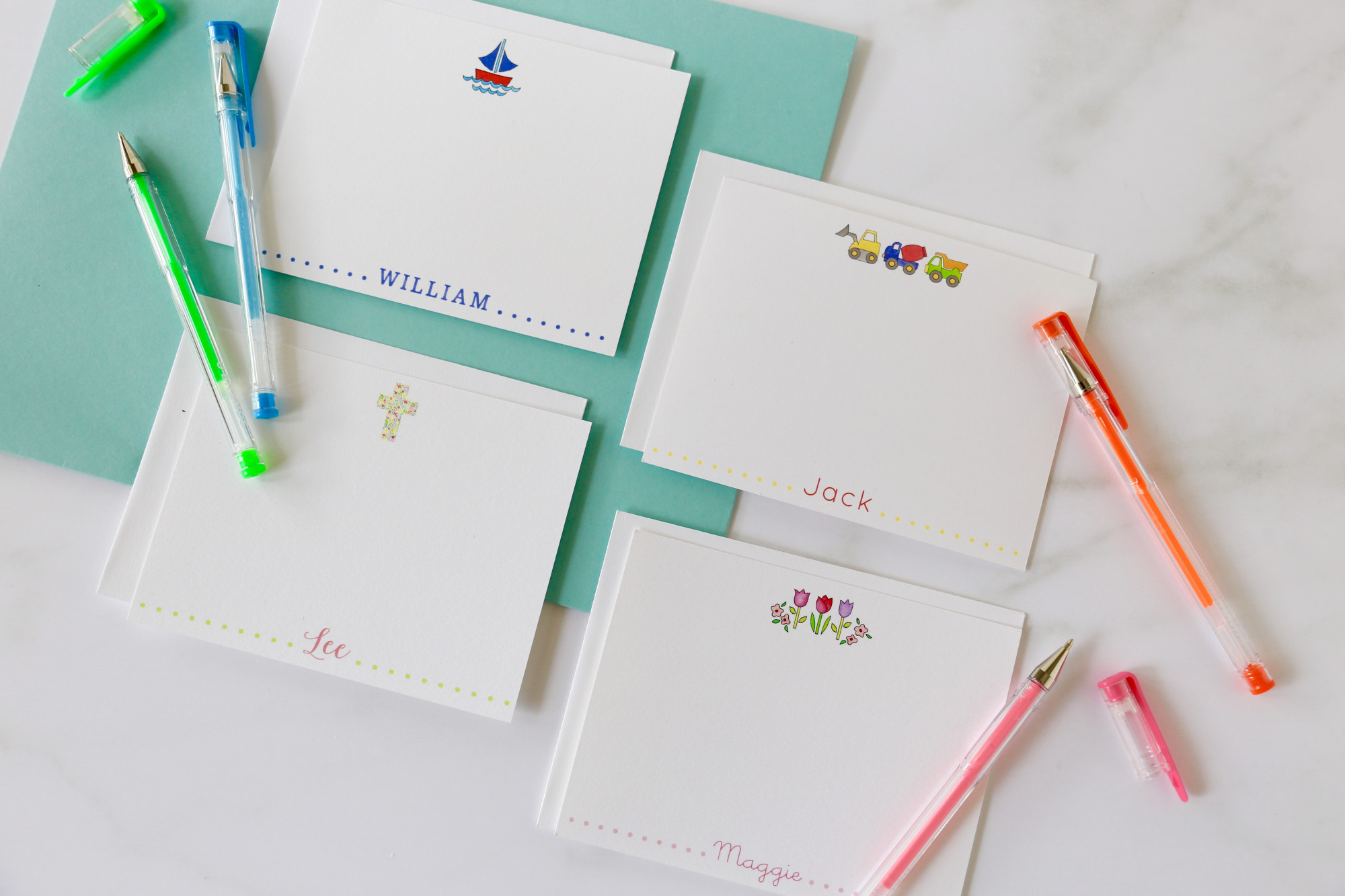
1. Don’t raise entitled children.
Let’s start with the obvious! Children that are given (and think they should be given) anything and everything in this world tend not to be authentically grateful for things in life and probably won’t have sincere manners. Spoiling children is so easy to do in our current culture but it must be avoided if you want to raise gracious and grateful children.
My husband and I try to steer off entitled hearts by teaching them everything that has been given to them and to our family is a gift and a blessing from God. Children can also gain an appreciation for the good gifts they’ve been given with chores, volunteer work, and getting out of their environmental bubbles. (See tomorrow’s post for more on this!)
2. Teach children to verbally thank people.
Start with “please” and “thank you” when they are toddlers. Actually, even nonverbal toddlers can learn the please and thank signs. I even use these signs to remind my children when they forget to say thank you in public. It’s a subtle but effective prompt for children without the risk of embarrassment.
As children get older, they can and should elaborate their thank you’s: “Thank you for having me to the party, Mrs. Smith (while looking at the adult in the eye!). If an aunt sends a toy in the mail, have him call the aunt and say thank you. After sports games, have your child say thank you to the coach. In other words, train children in the habit of thanking those who have done something kind for them. Eventually, it will become second nature. And, hopefully, provide a reminder in their hearts that they should be thankful.
3. Train the art of writing thank you notes.
Provide a framework for gratitude to grow in your children with the habit of writing thank you notes. (See this post for tips.) And not just a one line note. Teach them how to truly show they are grateful with the written word. As with all the habits in this series, this is something that will serve them well later in life.
4. Model gratitude in your home and community.
One of the best teaching tools is parents modeling gratitude. Everything I know about being gracious comes from watching my mother and grandmother.
5. Expect gratitude in your home.
If we don’t expect our children to say please and thank you in our home, how can we expect it when they are outside our home?
How do you your children to be grateful and mannerly? Let’s say this, manners come much easier to grateful children!
Sources: Children’s stationery from Brake Ink



What do you think?